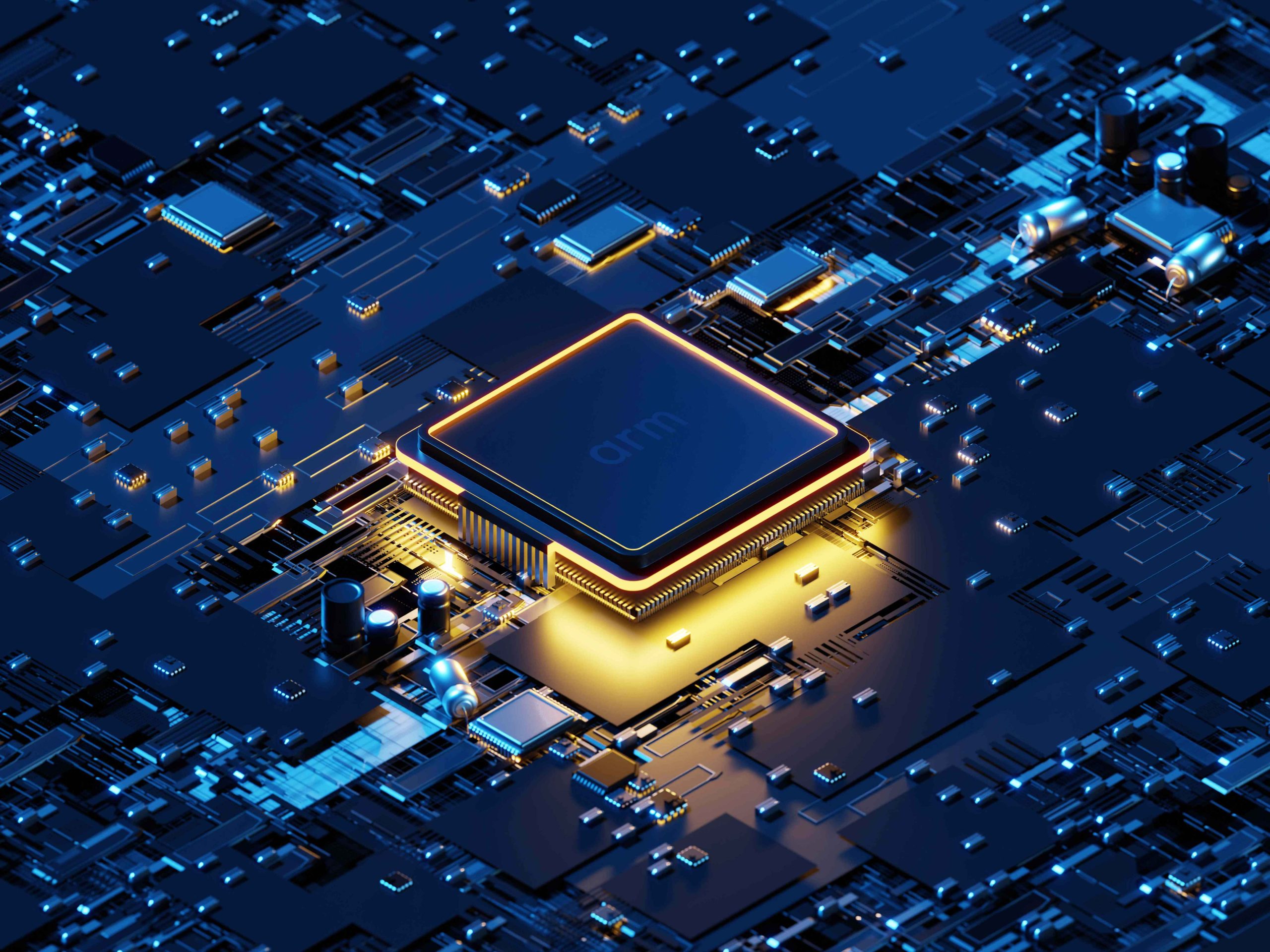Donald Trump’s administration is moving to tighten US semiconductor restrictions on China, building on measures introduced under Joe Biden to limit Beijing’s technological advancements, as per a Bloomberg report.
US officials have held discussions with their Japanese and Dutch counterparts about restricting Tokyo Electron Ltd. and ASML Holding NV engineers from servicing semiconductor equipment in China.
The US has already imposed similar limitations on American chip-gear firms such as Lam Research, KLA, and Applied Materials.
Beyond equipment maintenance bans, the administration is also considering sanctions on specific Chinese chipmakers.
Biden officials considered blocking ChangXin Memory Technologies (CXMT) from accessing US technology but refrained due to opposition from Japan.
Meanwhile, Trump’s team is reviewing tighter restrictions on Semiconductor Manufacturing International Corp. (SMIC), which currently undergoes a case-by-case review for US exports.
Officials are concerned that this approach allows SMIC to obtain restricted tools through intermediaries.
Nvidia chips and AI export controls
The administration is also looking at further restrictions on Nvidia chips, including those specifically designed for the Chinese market.
In the final week of Biden’s presidency, his administration implemented the AI diffusion rule, which categorized countries into three tiers based on AI computing power thresholds.
Trump officials are now discussing streamlining and strengthening this framework, potentially lowering the limit on AI chip exports that don’t require a license.
One proposal under discussion would reduce the number of graphic processing units (GPUs) that chipmakers can export without prior US approval.
The current limit allows firms to ship the equivalent of 1,700 GPUs to most countries after notifying the government.
Trump officials are considering lowering this threshold, expanding the number of AI chip exports requiring a license.
Nvidia CEO Jensen Huang has previously raised concerns about US chip export restrictions, particularly those targeting China.
Huang argues that such controls could hinder global AI innovation and inadvertently benefit competitors, as restrictions may push companies to seek alternative suppliers and solutions outside the US.
Huang had expressed hope that Trump would take a lighter regulatory approach than Biden.
Implementation of the AI export curbs
Despite existing restrictions, Chinese firms are said to have found ways to acquire advanced semiconductors.
US authorities are reportedly investigating whether Chinese AI startup DeepSeek obtained banned Nvidia chips via third parties in Singapore, sidestepping export controls.
The success of Trump’s expanded restrictions will depend on cooperation from allies, particularly Japan and the Netherlands, which play a crucial role in global semiconductor supply chains.
The Netherlands had previously reached a handshake agreement with the US on limiting maintenance services for China but paused implementation after Trump’s election victory.
Japan had previously resisted a full blockade on ChangXin Memory Technologies (CXMT) over concerns about disrupting supply chains.
New restrictions could take months to materialize as Trump’s administration finalizes key agency appointments.
Meanwhile, Washington is still assessing how far allies will go in tightening semiconductor restrictions on China.
The post Trump admin eyes stricter China chip curbs, building on Biden’s policy: report appeared first on Invezz

